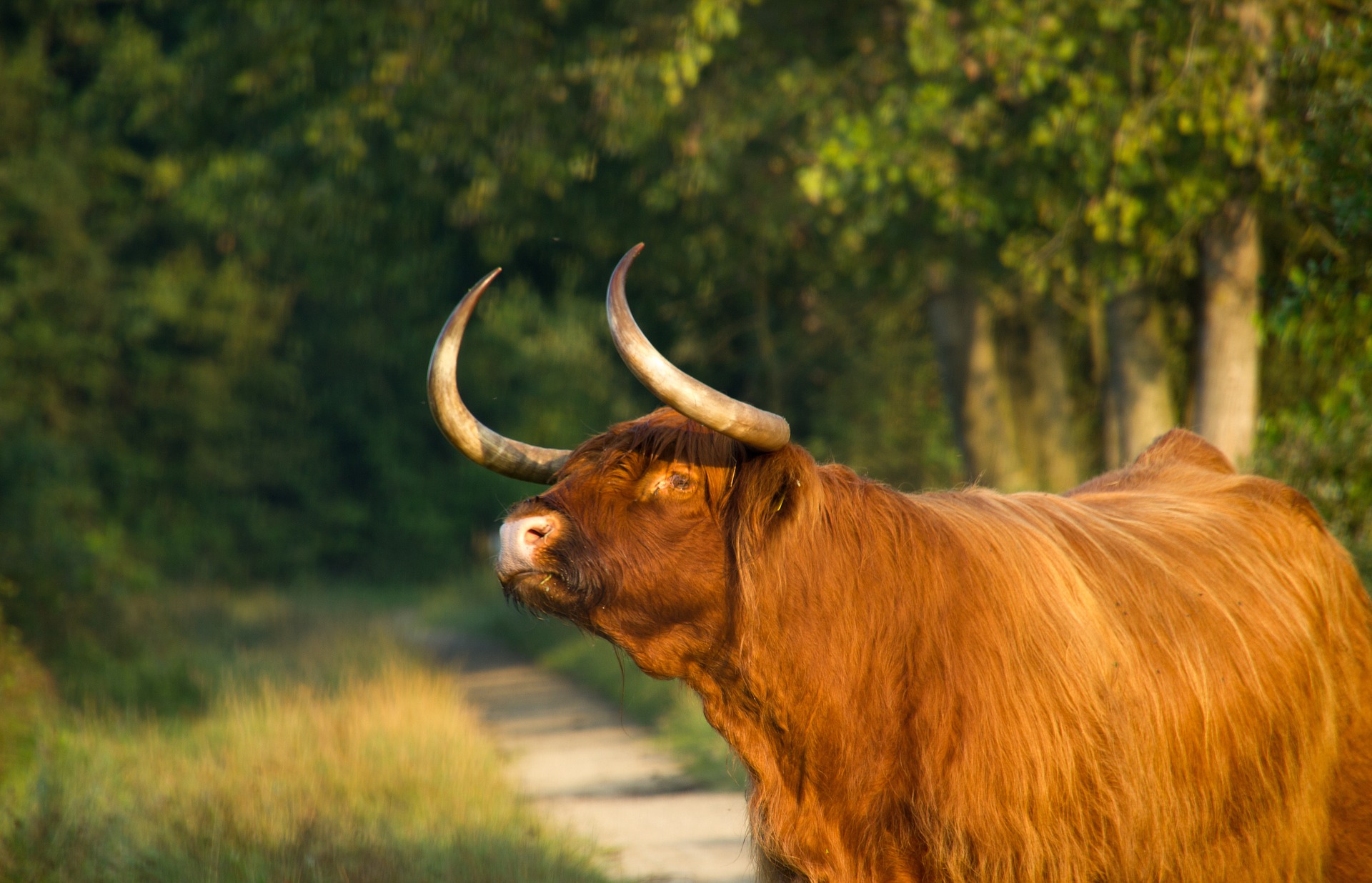Thomas Hardy was a man born into a simple rural family with valuable skills in writing. His fame and populace placed him inside the most prestigious literary circles of the urban Victorian society but it was not enough to place the rural and simple way of life out of his heart. In his works Hardy succeeded in exploiting a relatively small setting, the country people in nineteenth century Wessex, to create a vast drama of human life. The depiction of basic human passions by concentrating on elemental human-nature co-existence gave his writings verve and vitality generally characteristic of great writers.
If speaking of his philosophical outlook reflected in his poems, Hardy’s conception of human life was shaped in part by his extensive critical reading of the Bible, study of ancient tragedy, contemporary philosophical and scientific works, and in great part by his upbringing in a rural environment. The critic Ernest Brennecke, who wrote one of the earliest appraisals of Hardy’s philosophy of life, argued that the writer developed “a consistent world view through the notions of Chance and Time, Circumstances, Fate, Nature, Providence, Nemesis and Will tinged with metaphysical idealism”. This opinion has hardly changed throughout the years although critics interpreted Hardy’s view of life from a number of various philosophical and ethical perspectives.
This pessimism has been imbued in his poem, The Darkling Thrush<span< a=””> style=”font-weight: 400;”>. Through the bleakness of the landscape, the narrator’s musings on the century’s finale, and the narrator’s musings on the century’s finale, and his consequent reaction to the song bird, “the darkling thrush”, </span<>reveals Hardy’s preoccupation with time, change and remorse.
Written in exactly thirty-two lines and four octaves, with each octave formed of two quatrains which are rhymed alternately (ababcdcd), The Darkling Thrush<span< a=””> style=”font-weight: 400;”> is an occasional poem which depicts the setting of one century and the birth of another through the narrator’s eyes. The haunting musicality in the poem and the bleak imageries, of loss and continuing despair, save for the glimpse of hope in the cry of the bird expresses Hardy’s melancholic attitude towards life.
The intellectual climate and the social and the economic transformations in the nineteenth century, around which time the poem The </span<>Darkling Thrush was written, created in Hardy a deep pessimism. Tragic coincidence and the irony of fate are deeply rooted in his vision of life. His pessimism was largely a reaction to Victorian optimism. Hardy’s pessimism has several sources like the popular Calvinism, Darwin’s theory of natural selection and traditional folk fatalism, the ideas he got from the tales his mother would tell him as a child.
In his poetry Hardy expressed the inability of man confronted with the ‘blind forces of nature’ and the loneliness of the individual in dehumanised society which had lost touch with timeless and organic order. But he had too much integrity to turn away from the actual world and modern reality. All his greatest poetry is an imaginative expression of this conflict. Due to this tragic view of the universal order, he believed that suffering and evil were inevitable.
The Darkling Thrush Analysis by Thomas Hardy
Always in Hardy it is certain that the incidence of fatality within the general operation of chance will be higher than we are commonly prepared to accept of its being in nature. He believed that as far as the concept of human being is concerned with their complex emotions and conscience, the very nature of things was malign. The degree of its malignity was proportionate to the degree of individual intellectual sophistication and ambition. Those who live close to earth without aspirations to rise need not fear the malignity of things. Therefore, the problem really lies with man’s unprecedented ambition to rise above nature and to control it.
The abrupt urbanization of Britain’s society during the Victorian era made him suspicious of its major changes and the dying away of the old cultures was an unsettling idea to him. People were living in closer groups physically but were distancing themselves spiritually from their natural surroundings which gave way to alienation and created an imbalance in general harmony. This was perhaps the reason of the feeling of dejection and isolation that pervades the entire poem. The elaborate descriptions of a funeral was a form of farewell to the century gone by since all that was familiar and natural was dying away with the close of that century and the new century was an onset of a foreign culture that Hardy was not comfortable with and did not look forward to.
However, the incidence of the singing thrush was also an implication that if given a chance maybe the newer era can usher in positive tidings that is not apparent to the poet as of yet. A “blessed hope” is all that one can harbour against the current impotency in human spirituality and wish for only the best, despite misgivings of a dubious industrial future.
Some online learning platforms provide certifications, while others are designed to simply grow your skills in your personal and professional life. Including Masterclass and Coursera, here are our recommendations for the best online learning platforms you can sign up for today.
The 7 Best Online Learning Platforms of 2022
- Best Overall: Coursera
- Best for Niche Topics: Udemy
- Best for Creative Fields: Skillshare
- Best for Celebrity Lessons: MasterClass
- Best for STEM: EdX
- Best for Career Building: Udacity
- Best for Data Learning: Pluralsight








